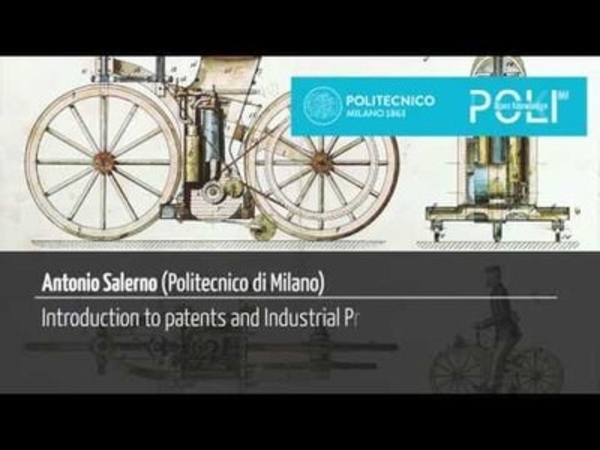Price:
7350 EUR
Contact
Politecnico di Milano
Description
The course aims at providing the basics of Industrial Property, comprising patents, designs and trademarks.
The patent system aims at supporting the technical progress and the private investments in research, allowing the owner to recover the costs borne for obtaining the invention. A patent can be considered as an incentive to disclose an invention to the public. It grants its owner the right to prevent others from producing the invention, thus creating a monopoly right lasting a maximum of 20 years.
After the lapse of the patent the invention becomes available to the public and everybody can exploit it.
The course tackles concepts like novelty and inventive step, which are at the base of the validity of a patent, how an invention can be protected by a patent by providing adequate claims, how the right to a patent can be transferred from an inventor-employee to his company. Filing and grant procedures are also dealt with.
A design right can validly protect the shape of an object and designers should be aware of the possibility of protecting their creations by registering a design. The course introduces to concepts like novelty, individual character and grace period, which are fundamental for design protection. The course also deals with non registered designs, which are a very useful tool for the protection of fashion creations, which become obsolete after a season.
A trademark is a sign, normally a word, a name or a symbol, to be placed on a product to identify and distinguish its producer from others. An advertising campaign may require a considerable economic effort, but what are the criteria allowing to choose a valid trademark? The course explains the difference between different kinds of trademarks and it deals with the requirements for their validity.
The last part of the course is dedicated to the legal protection of the IP rights and to their licensing.
The IP enforcement is one of the most crucial moments for an IP asset and shall be carefully driven by the litigators in order to avoid the risk to prejudice all the investments already made. The course therefore will indicate the various strategic options and procedural tools for a cost effective enforcement strategy.
The course will also highlight the most critical clauses to be considered in tech transfer and licensing also in view of the complex antitrust issues related to these kind of agreements.
Specific details
Category of Education
Law







 How to resolve AdBlock issue?
How to resolve AdBlock issue? 


Comments (0)